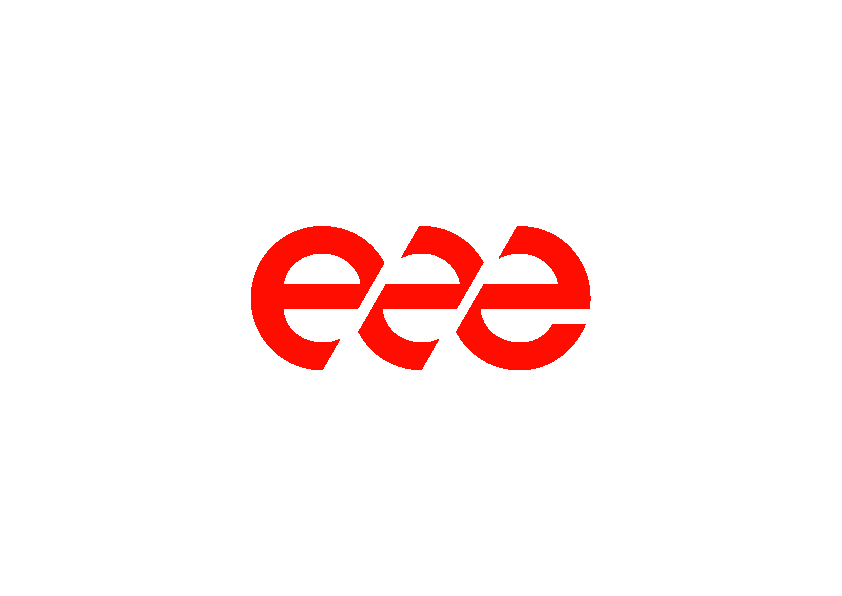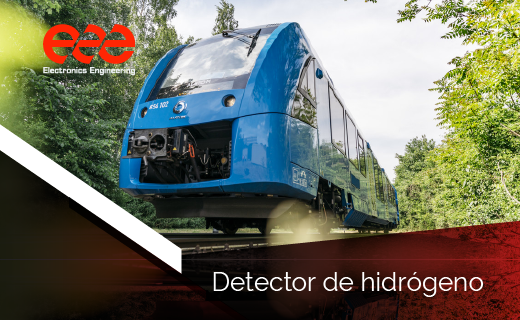Many large railway companies are already planning to develop their first hydrogen train. Thus, a few months ago, companies such as Renfe announced that they are planning to launch this new type of railway engine next summer. Likewise, Repsol and Talgo have joined forces with the aim of promoting the first renewable hydrogen train, thus fostering zero-emission railways in the peninsula. But what does this fuel imply?
These trains will have a positive environmental impact, as they will be able to run without emitting polluting gases. Increasingly, the role of hydrogen generated from non-polluting sources is becoming a part of our daily lives. It is the so-called “Green Hydrogen”. This is why companies such as Repsol are working to develop this type of fuel.
Clean renewable energy generation, transport and electrification are the three variables of the function that helps us to achieve a more sustainable planet and to show real social commitment.
Hydrogen sensors
At Triple E we are committed to this path. That is why our R&D team is working to provide electronically based solutions to guarantee their usual levels of security to the entire ecosystem described above.
This is because hydrogen is not risk-free, especially in unventilated compartments, where a potentially dangerous accumulation could occur. Hydrogen sensors would thus enable rapid leak detection, which is essential for activating the ventilation system and locating the source of the fault.
At Triple E, we put our electronic intelligence at the service of safety in both generation plants and means of transport. Early detection alerts the right people and can activate different options to mitigate the risk: alert, ventilation, containment… This is why, thanks to our partnership with Talgo, we have been able to protect their hydrogen train, which is now ready for service.










